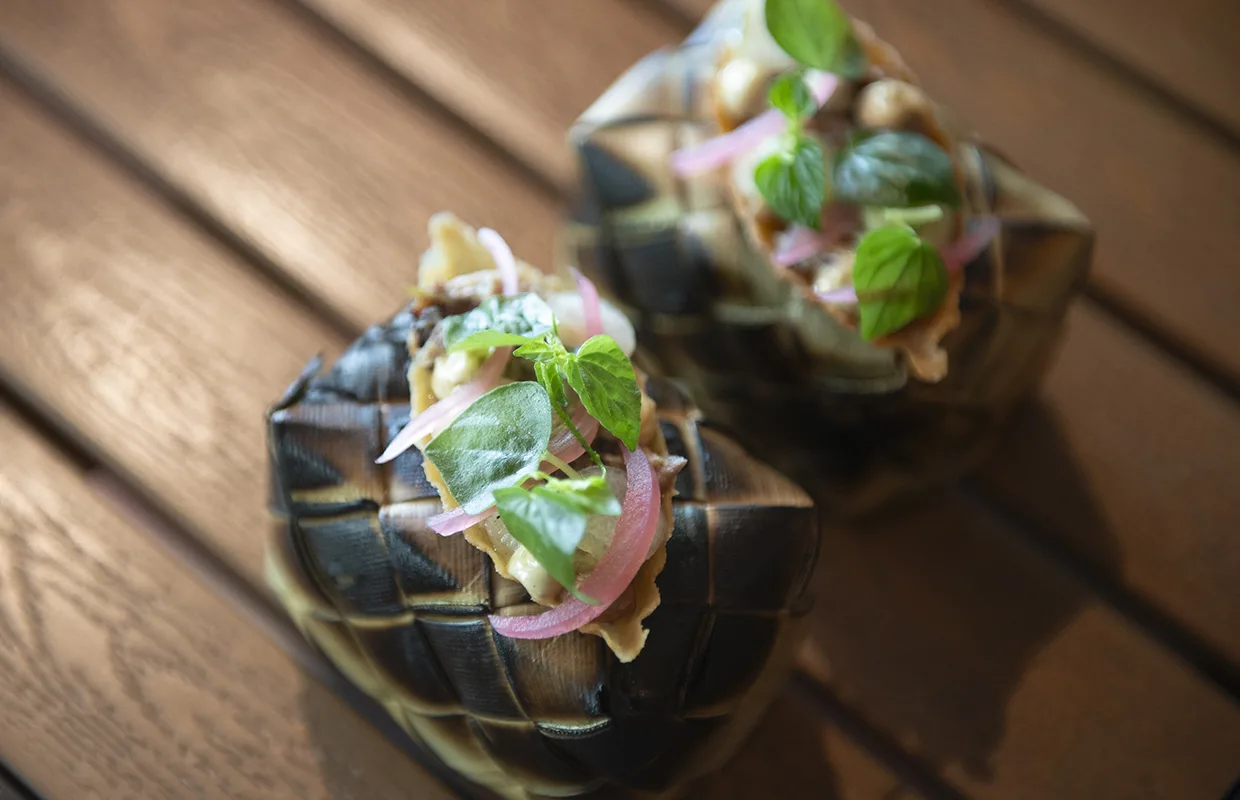A yearly event in Southeast Asia, the Kita Food Festival aims to unite food enthusiasts in a celebration of diversity, empowering the exchange of knowledge around sustainable food practices whilst embodying its name ‘Kita’ – meaning ‘Us’ or ‘We’ in Malay. The festival is not just an event; it’s the vanguard of a movement towards a more connected and sustainable future for food and beverage in Southeast Asia. We catch up with co-Founder, Leisa Tyler, who reflects on the themes of this year’s festival and its future.
WE ARE ONE IN FOOD
As a hub for exploring and celebrating Southeast Asian cuisine, the highly anticipated Kita Food Festival returns in 2025.
The festival kicks off with a series of informative seminars that explore intriguing topics around ‘The Future of Food’ and ‘What Will Restaurants Be Serving in 10 Years?’ in the lead up to the main Singapore Weekender event in March. This is the second year that the festival has expanded from Malaysia to also include Singapore.
From March 12-17th, the Singapore Weekender will include a series of curated events and four-hands dinners with some of the best chefs from around the region who have been invited to partake in this years’ event, as well as kitchen takeovers and a big Sunday barbecue.
With sustainability at its heart, alongside the promotion of local ingredients, the festival brings together pioneers of the region’s food and beverage industry.
The lineup for the Singapore Weekender includes some big names from the culinary world including Joxe Mari Aizega, Director of the Basque Culinary Centre; Australia’s own Matthew Evans, critic-turned-chef and author of bestsellers ‘On Eating Meat’ and ‘Soil’; Eelke Plasmeijer, co-Founder of Bali’s award-winning Locavore, and Helianti Hilman, Founder of Javara in Indonesia.
In partnership with pioneering Singaporean data consultancy, Synthesis, Kita Food Festival 2025 is set to reveal the hidden power of overlooked ingredients, technologies for recreating familiar flavours amidst rising food shortages, and the tools to reframe the way we view food waste.
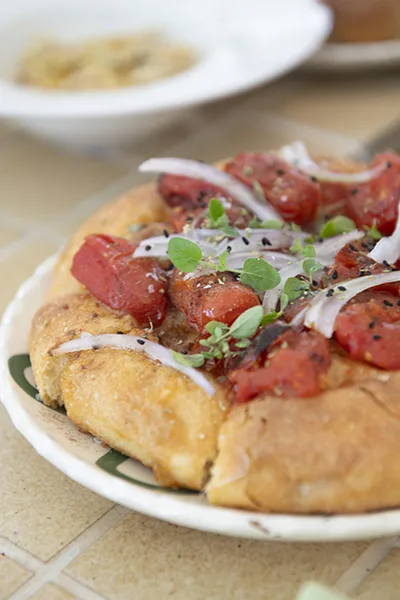
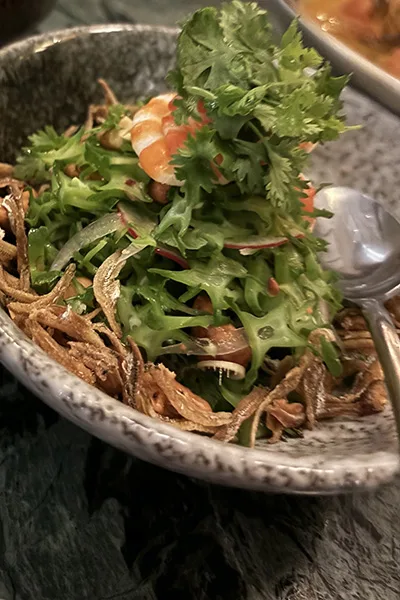
Q&A WITH LEISA TYLER, CO-FOUNDER, KITA FOOD FESTIVAL
Firstly, could you talk about the origins of the Kita Food Festival? What prompted you and your co-Founders to start it?
Leisa Tyler, co-Founder (LT): Darren Teoh (Chef Patron of Malaysia’s only two-Michelin star restaurant, Dewakan) and I had been talking about ways we could elevate or ‘push’ the food and beverage scene in Malaysia.
When we first started the Kita Food Festival back in Malaysia, there were a lot of up-and-coming young chefs and stand-alone restaurants starting to do interesting things in the culinary world, but not a lot of focus on endemic plants, local producers, or sustainability.
We also wanted to showcase the local region and steal a bit of the limelight from Thailand and Singapore, who at the time were both getting a lot of international exposure around their food scene. Hence, we decided a small festival would be the best way to kick-start our goals.
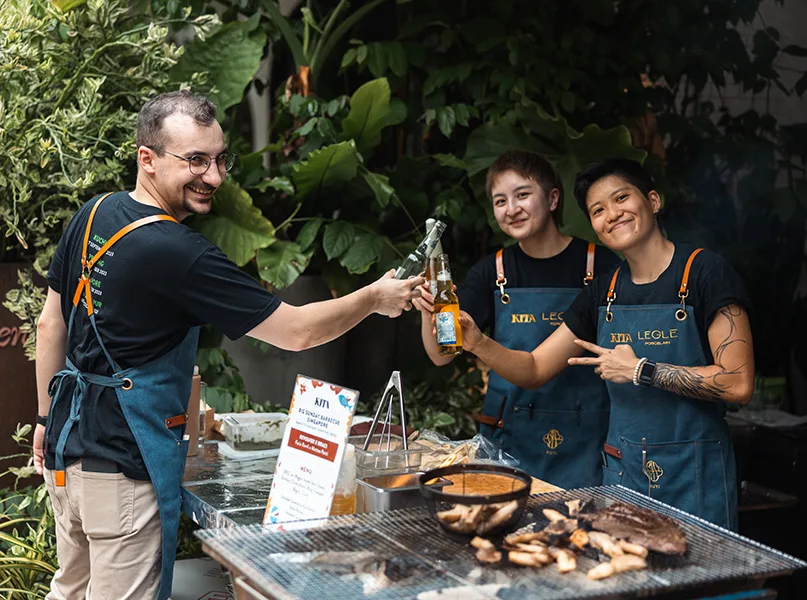
What are the objectives of hosting such an event?
LT: We believe the festival is more than an annual culinary event, it is an exploration and celebration of food in Southeast Asia that brings together some of the best leading chefs and culinary minds. The event was initially created to put Southeast Asia on the gastro-tourism map by spotlighting chefs, producers, flavours, and food innovators.
In 2023, we were invited by the Singapore Tourism Board to hold a Kita Weekender in Singapore which is when we expanded our focus to include Southeast Asia and beyond, rather than solely Malaysia. Now, in 2025, we will have chefs from around the world joining us.
However, our objectives are still the same – to document and highlight great regional ingredients and local producers, whilst also waving the sustainability flag, creating a community around food, and having a great time whilst doing it.
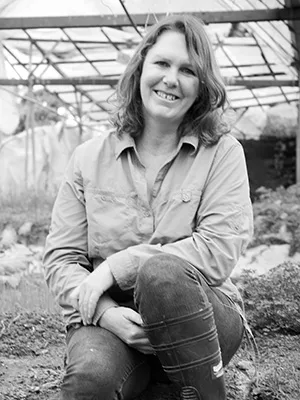
“Our objectives for the Festival are to showcase and highlight great local native ingredients and producers, whilst waving the sustainability flag”
Leisa Tyler, co-Founder, Kita Food Festival
This year, you are bringing the event back to Singapore. Can you tell me about any other ongoing events you have planned?
LT: This will be our second year hosting the Kita Food Festival in Singapore; we had our first Singapore Weekender back in October 2023, and we already have a great programme planned for 2025. This year we are bringing together some of the best chefs and culinary talents from around the world, including Australia, UAE, Bali, Japan, Singapore, Thailand, Malaysia, and beyond to celebrate diversity and innovation.
First, there will be the Future of Food seminars which will discuss how we source, select, stretch, and sustain our food in the years to come.
The main event will be the Singapore Weekender from the 12th to 17th March, which will include a series of kitchen takeovers and four-hands dinners with local restaurants and international guest chefs, plus a big barbecue with multiple chefs from Singapore working together.
Other events include the festival’s iconic Big Barbecue and a market mashup, plus pop-up menus at New Bahru offering consumers an opportunity to sample foods from the future.
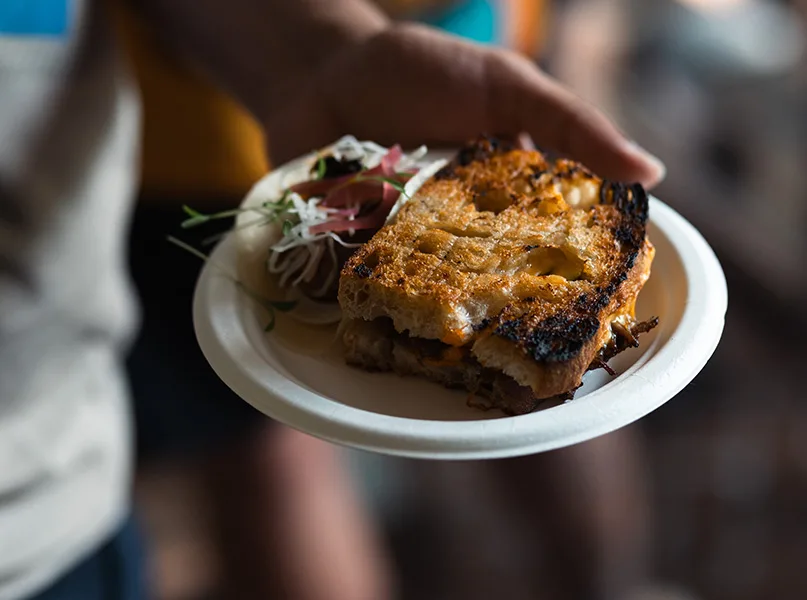
Do you have any plans to expand the event further throughout Southeast Asia?
LT: We have had preliminary discussions with potential partners and interested parties in both Thailand and Indonesia. These are the two destinations on our radar for now, but I’d also love to host the event in Cambodia, Vietnam, the Philippines, and Laos in the future.
Each country in this region has so many unique culinary traditions to offer, much of which fly under the radar, especially in terms of using local native ingredients and traditional cooking techniques.
We also held a small Kita Weekender pop-up in Sabah, Malaysia recently, which famously has one of the highest rates of biodiversity in the world. This was an exceptional experience – not just in terms of the incredible range of ingredients that we got to see, taste, and feel, but because of the exotic cooking techniques unique to this corner of Borneo.
What does the event’s theme, the Future of Food, look like to you? Is this a change in direction for the festival?
LT: I’d say it’s an evolution, not a complete change of direction.
This year we are partnering with data analysis company, Synthesis, for the Future of Food Series, which is one component of our 2025 Kita Food Festival in Singapore.
Last year, Synthesis released a research project in June entitled Menu 2034 where it crunched 100,000 data points from food trends and agricultural changes over the past 10 years to try to predict those of the next decade.
The first scenario that was presented suggested that the world will turn to the past to create a better version of the future using regenerative agriculture, soil microbiomes, and growing climate-resistant crops like moringa and bitter gourd. The most likely scenario is that we will find the answers and nutrition we’re seeking in science and lab-grown, novel foods.
It is this research that forms the backbone of our Future of Food Series and from which we draw all the topics and science discussed.
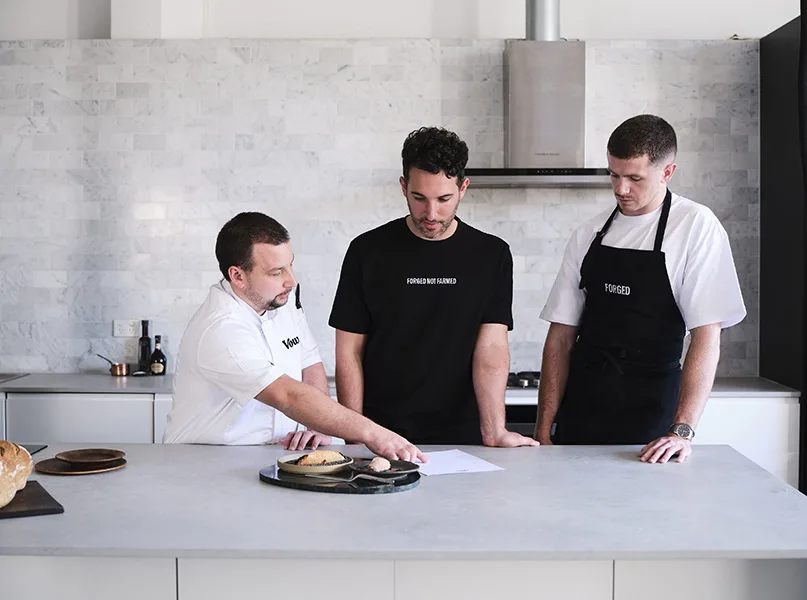
What topics will The Future of Food seminars, and symposiums be covering?
LT: The Future of Food Series will explore the effects that climate change and population growth are expected to have on our diets 10+ years from now.
Staples like coffee, tea, chocolate, and rice are becoming harder to grow, vegetables are 50 percent less nutritious than they were half a century ago, and a lot of mono-cropped vegetables lack phytochemicals and other bioactive compounds needed for the human body to flourish. Meanwhile, lab-grown meat has hit restaurant menus.
The series will start with three seminars, the first was back in January, then two in February, each drawing from three impact areas – how we anticipate sourcing, stretching, and increasing the nutrition of food in years to come.
The symposium in mid-March will be the culmination of the festival, the grand prix if you like, featuring international speakers and events.
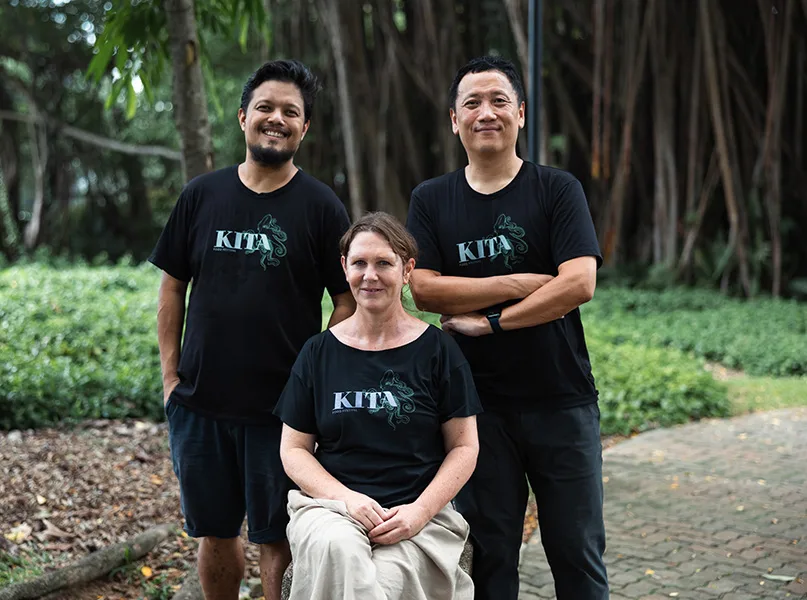
Food waste is a big issue not only in Asia but around the world, what do you think restaurants and operators can do to help?
LT: Upcycling and valorisation are good places to start, using all the offcuts, peels, and scraps to make something delicious and new.
Then, there are better and more precise inventories and emerging technologies that have a lot of the answers, whilst I think correctly storing both proteins and vegetables is also important.
Obviously, buffets aren’t the best in terms of minimising food waste, but people love them. So, buffets that utilise any excess produce from a restaurant as a priority is a good direction to take. Then, there’s training the kitchen staff to come up with novel ways to create salads, stews, and desserts using ingredients they already have on hand.
Forming a relationship with a local charity or soup kitchen is also important, alongside composting or worm farming. Compost can be useful either on-site at many restaurants, utilising the treasures that come from it to grow food, or else donated to a local farm.
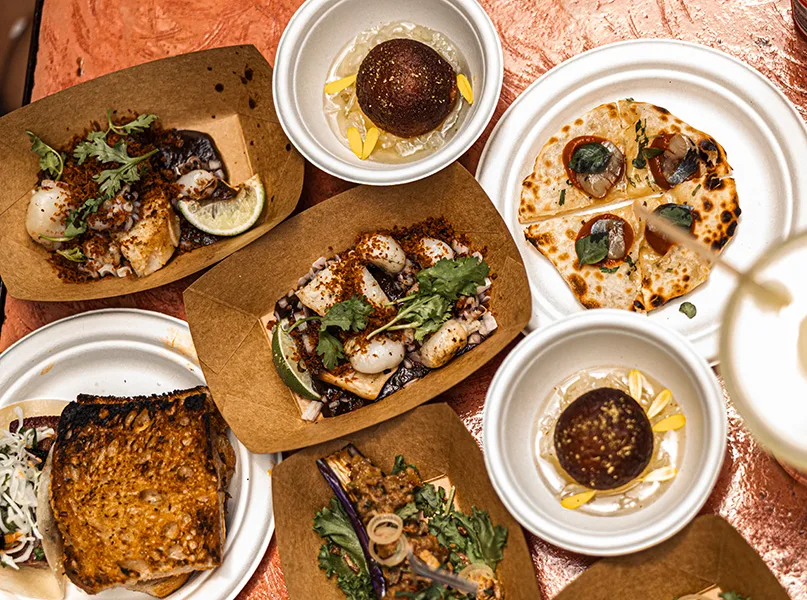
You also operate Weeds & More, an organic farm in the Malaysian Cameron Highlands. Can you tell me a little about that?
LT: My husband and I started Weeds & More around 2012 after I had a bet with a Singaporean restauranteur who told me it wasn’t possible to grow great French radishes in Southeast Asia.
The friend in question ran a very upmarket famous French restaurant, and believed the best French radishes came exclusively from France.
Malaysia’s temperate highlands have an enviable year-round stable climate that supports many European vegetable varieties, but a lot of farmers at that time were growing low-value produce.
Meanwhile, hotels and restaurants were flying vegetables and edible flowers in from Europe on jet planes. It wasn’t fresh, it wasn’t helping local communities, and it was expensive – none of it made any sense.
So, we found a farmer we liked and trusted in the highlands and spent just under two years in the R&D stages, seeing what would grow and what wouldn’t. A lot didn’t, but ironically enough, French radishes grew splendidly.
We then partnered with two chefs – David Pynt from Burnt Ends, and Anthony Yeoh from Cocotte – to refine, harvest, pack, and ship our produce. Of course, Pynt and Yeoh also acted as our all-essential guineapigs, helping us to understand how produce gets used in a restaurant setting.
We now grow mainly heirloom European vegetables and edible flowers, working with various restaurants and hotels in Singapore and Malaysia on a direct farm-to-table system.
And, wonderfully, our French radishes grace the plates of many Michelin-star restaurants.



